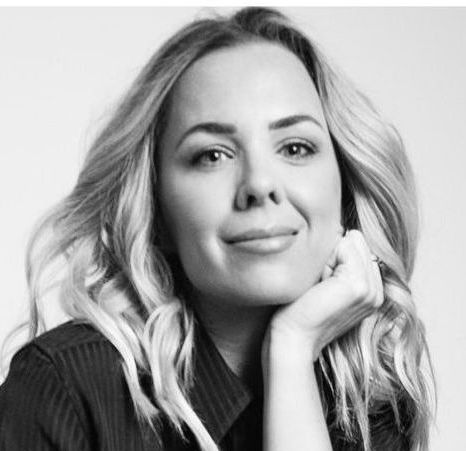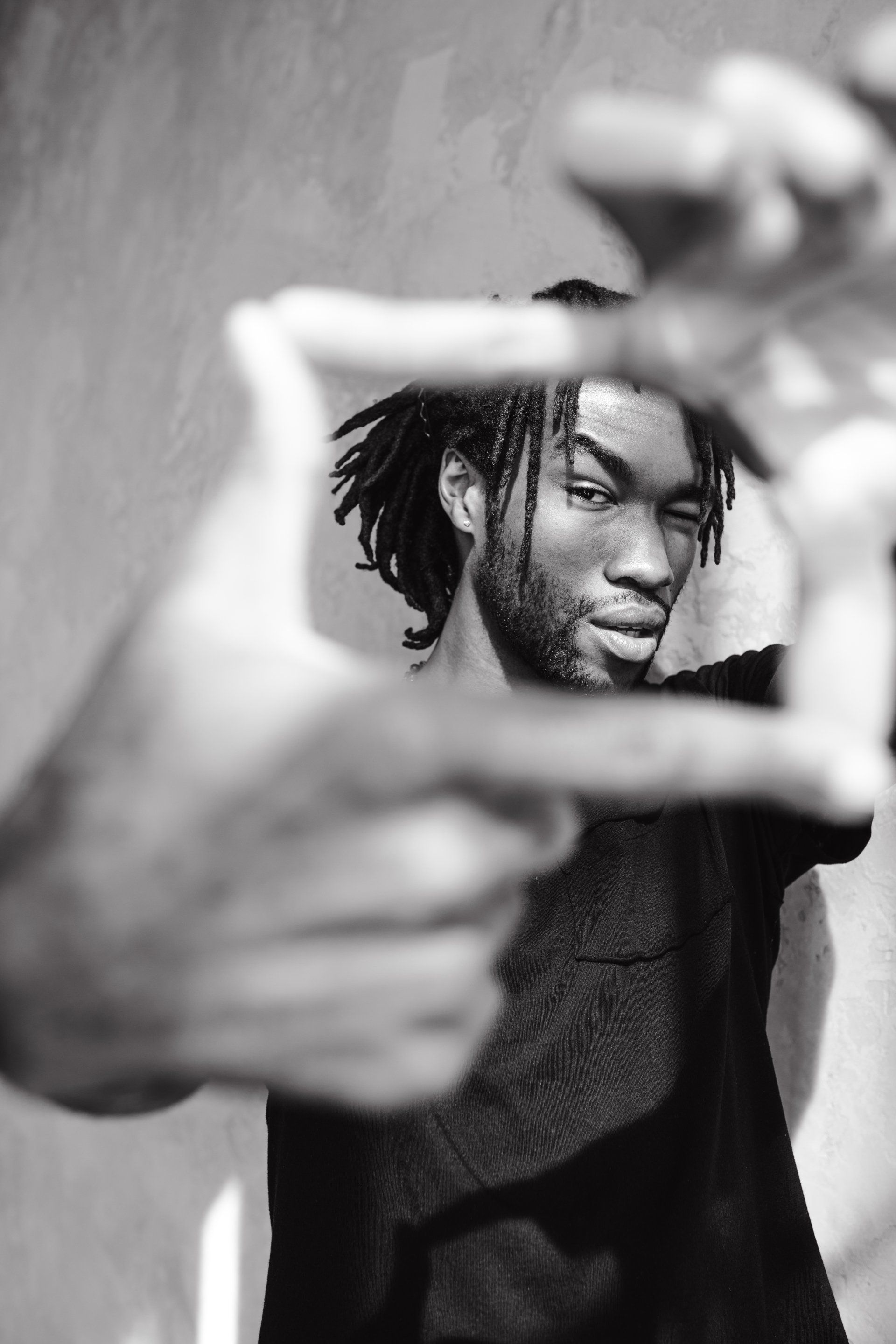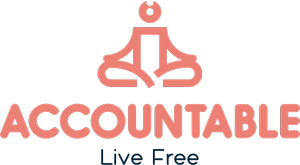An Accountable Member's Journey of Addiction Recovery
I was born on December 11th, 1968, in the northern part of Orlando, Florida. I grew up as the third child in my family, with an older brother and an older sister, in a somewhat rural area. Our family had a passion for motorcycles, and we often raced motocross. However, my journey towards recovery wasn't an easy one, and it's a story I want to share for Recovery Month.
In my early years, I desperately wanted to race motocross, just like my older brother. However, I faced a significant challenge – the lack of proper gear. All I had were hand-me-downs from my brother, who was always better than me in motocross. Determined to pursue my passion, I borrowed a helmet, gloves, and a jersey, and I bought a motorcycle.
In my first race, I surprised everyone by coming in first place, even beating the kid considered the best in the class. Despite my success, my parents were often absent from our lives, struggling with their own issues, including alcoholism.
During those challenging years, I endured a horrifying ordeal that I kept hidden for far too long. I became a victim of sexual abuse, with my brother as a silent witness. I carried the shame and pain of this experience for decades, never uttering a word.
As I grew older, my resentment towards alcohol grew. Yet, I found myself in an environment where it was always present. I abstained from drinking until I turned 15, but after my senior year of football, I started experimenting. I attended a college in Valdosta, Georgia, known for its vibrant college bar scene, and alcohol became a regular part of my life.
I spent ten years working in the Arena Football League, where alcohol was readily available, and I also worked as a bartender during the off-season. I experimented with drugs during one offseason, but they didn't captivate me like alcohol did.
I've been drinking for 35 out of my 54 years of life, and it finally took a toll on my health. I was diagnosed with cirrhosis, a condition closely linked to alcohol abuse. Despite some attempts at sobriety, I continued to struggle with addiction.
My life took a drastic turn when I ended up in the hospital, barely clinging to life. It was a wake-up call that I could no longer deny. The realization that I needed help and couldn't control my addiction was a crucial moment in my journey to recovery.
With the support of my wife and family, I reached out for help. I admitted myself to a Cirque Lodge, where I finally acknowledged my powerlessness over alcohol. It was a moment of relief and hope, something I had not felt in years. After treatment I enrolled in You Are Accountable. I get to meet with Ailish Abbate on a weekly basis, focus on building a sober support network, address triggers, focus on wellness, rebuild trust within my family unit and live a fulfilling life free of alcohol.
Today, I cherish the serenity of a life free from alcohol's grip. I've learned to appreciate the simple joys of life and embrace a newfound sense of peace. Recovery has gifted me the opportunity to pass on the knowledge and experience to others who struggle.
Recovery has been a challenging journey, but it's one that I embrace with gratitude. I'm grateful for the support of my loved ones and the chance to help others who battle addiction.




hello@youareaccountable.com
(646) 450-7641